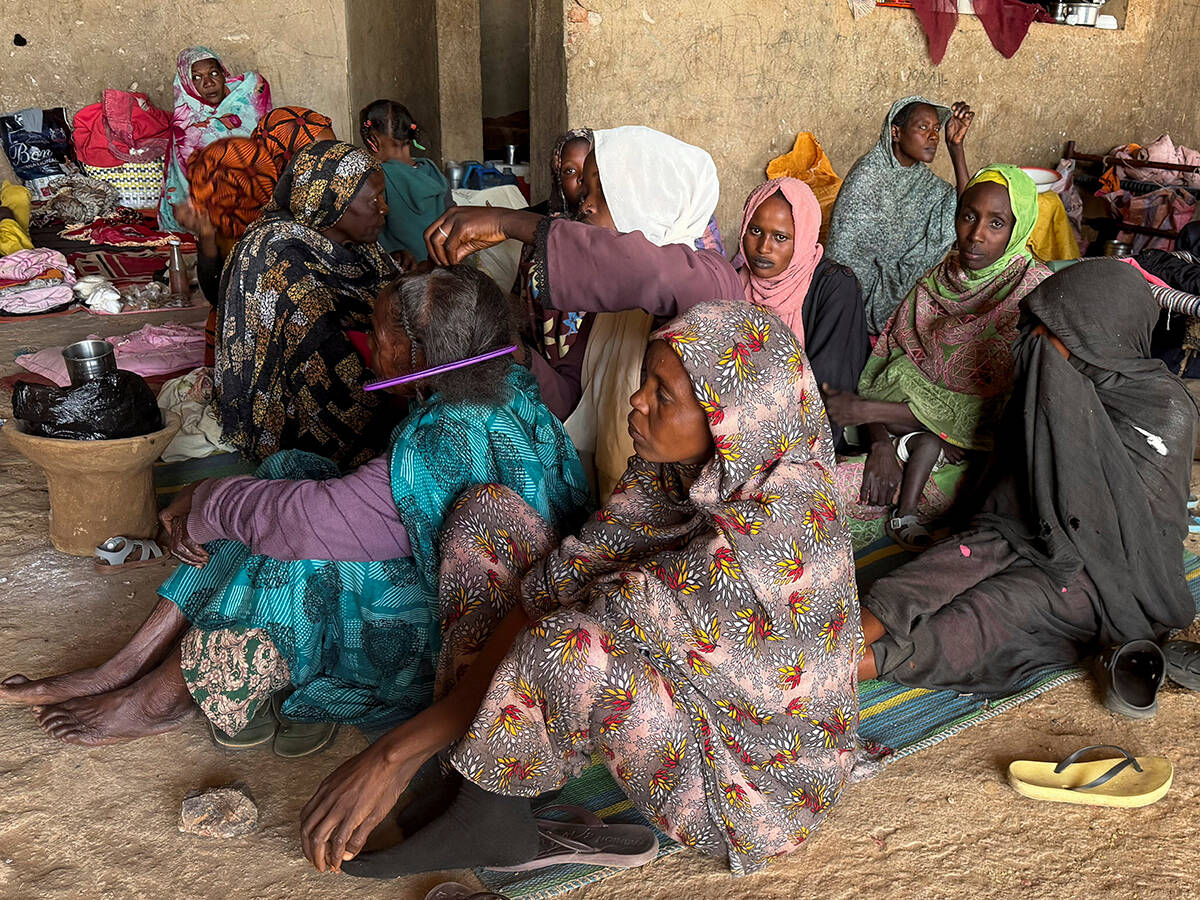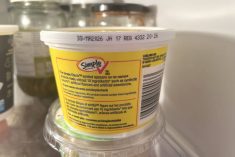You’d better come inside. You look sunburned,” my husband said earlier this season.
“I’m just going to finish planting a couple of things, and then I’ll be done,” I replied.
I was wearing sunscreen, and I wasn’t feeling really warm, either. In fact, I almost felt a little chilled.
The day was very hot and humid, but I was on a mission to finish my yardwork. As I arose from planting the last seeds in the hot, black soil, I suddenly felt weak, dizzy and nauseated. I clumsily stumbled over the fence around our garden and reached for my water bottle. I wasn’t feeling very thirsty.
Read Also

Global humanitarian aid slashed by one-third
Humanitarian aid around the world was cut by a third in 2025 and Canada is one of the culprits.
I recognized these symptoms, so I left my gardening tools behind to enter the cool environment of our home. When I looked in a mirror, my face was as red as the radishes that would grow eventually.
I finally cooled off with the help of a shower and lots of beverages. I learned that I didn’t have a sunburn; I was overheated.
Fortunately, there was just one casualty from my overzealous gardening. I survived, but a pepper plant didn’t make it.
I drank a lot of water and some cold milk, too, because I know that milk acts like a sports beverage to replace electrolytes lost through perspiration.
I generally don’t put myself in peril to have a topic for my column, but I thought I would share the lesson I learned by accident. Overheating can occur fairly quickly, especially among those who aren’t acclimated to hot, humid summer weather.
According to the Centers for Disease Control and Prevention, about 700 people die every year due to heat-related illnesses. People most at risk are infants and young children, older adults and people on certain kinds of medications.
In a worst case, you can go beyond overheating and suffer a heat stroke as a result of overexertion in hot, humid weather. Heat stroke can result in unconsciousness, hallucinations, confusion, coma and, potentially, death. Your heart, liver or kidneys can suffer permanent damage.
Stay inside an air-conditioned space when the weather is very hot (often between 10 a.m. and 2 p.m.) or take regular breaks inside a cool location. You can cool down with baths, showers or even a sprinkler.
Staying hydrated is critical during the hot summer months, as is avoiding strenuous activities during the hot hours of the day. I should have been planting early in the morning before the day temperatures climbed.
In most cases, the best hydrating fluid is plain, cold water, but all water in food and beverages counts toward hydration. Most men need 13 cups of fluid from beverages and food per day, while women need about nine cups.
Consider these beverage tips:
















